Shab-e-Barat and Old Dhaka foods
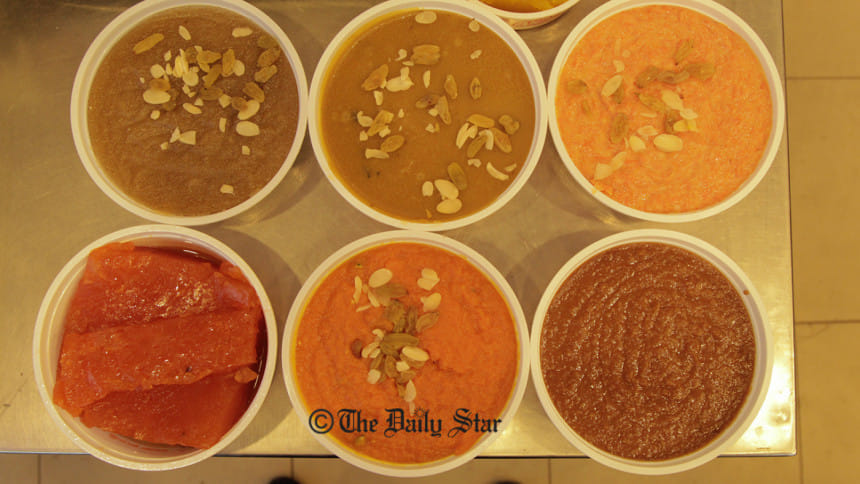
The night of records or Shab-e-Barat is a major day for devout Muslims all over the world; a day of austere worship and repentance and a night of forgiveness and rewards. Muslims fast and pray all through the night to gain the Almighty’s forgiveness and start anew with a zeal of virtue. But another part of this day, especially in Bangladesh, is the sincerity and affection that is circulated among neighbours and relatives. Sweetmeat and bread (roti) is distributed door to door and houses come alive with a celebration of the divine.
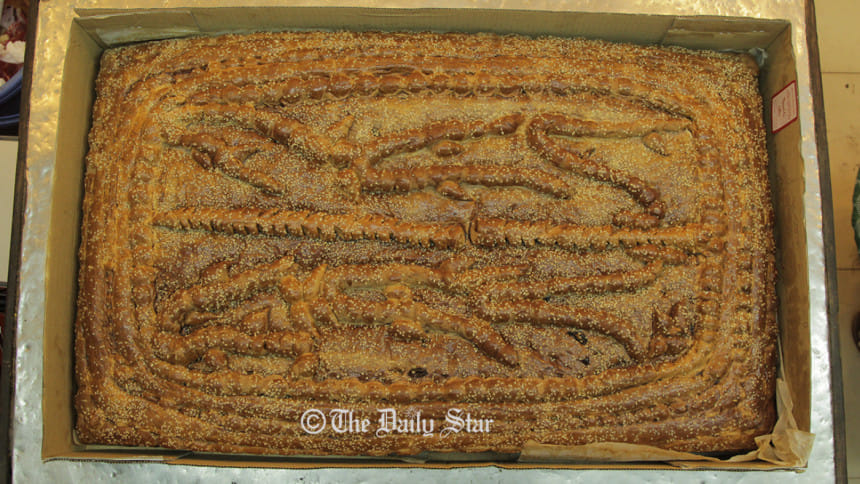
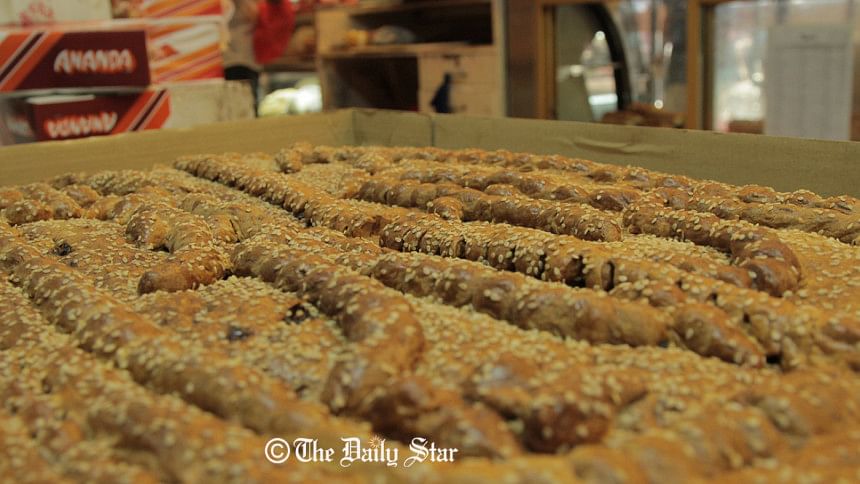
Old Dhaka with its heritage of traditions has long had its unique way of observing Shab-e-Barat. Candles are lit on the balconies of houses while children delight in the sparks of ‘tarabati.’ Sometimes, if one is lucky, one can catch the flare of fireworks. Going to pray becomes a community activity, as groups of friends and relatives head towards to the mosque to seek peace. In short the old town assumes a look of peaceful celebration.
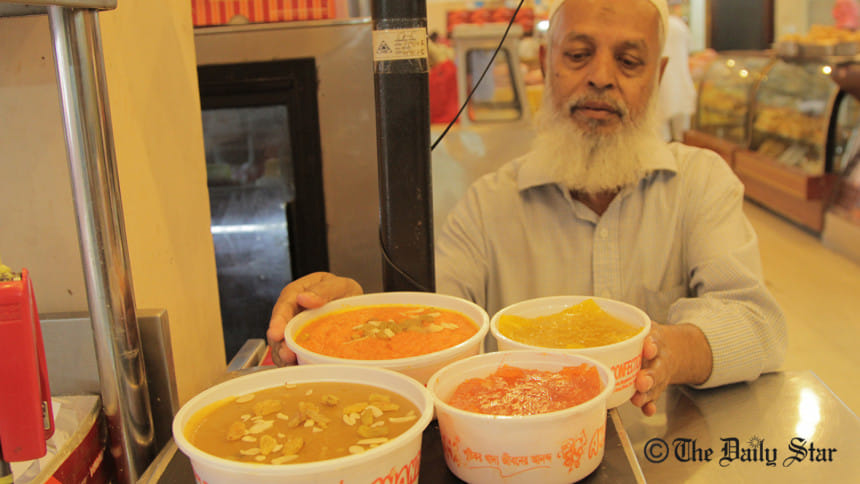
A common tradition is the sending of food to the sons’ and daughters’ in laws houses, says Nafis, a university student living in Old Dhaka. He goes on to explain how the streets remain busy with people heading to the mosques and the occasional group of friends out all night with the excuse of praying. But, he adds, Shab-e-Barat would not be complete without the halwa (one kind of sweet).

The roti and halwa has been part and parcel of this celebration for ages, so much so that sometimes the eating and distributing of these is almost synonymous with the day itself. And while nothing can beat the food mothers and sisters prepare at home, the old bakeries and confectioneries of Old Dhaka have always done their part to join in.
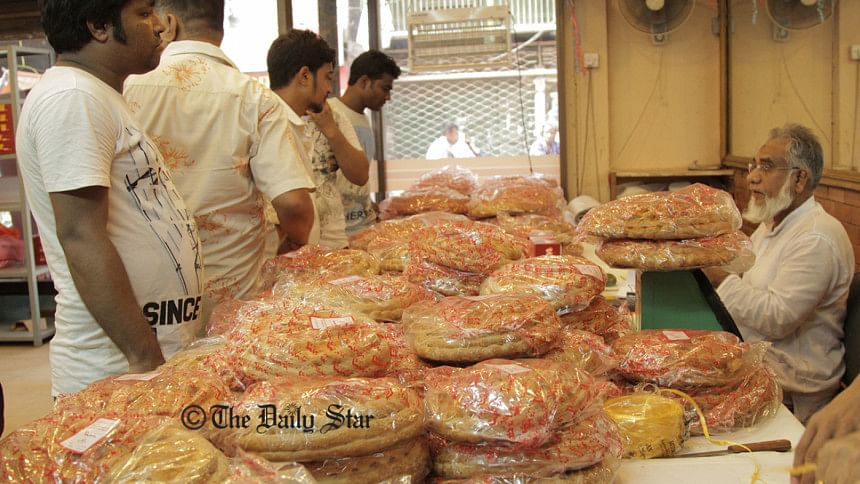
The most elaborate of the preparations has to be from the iconic Ananda Bakery on Satrouja Road at Bongshal. Most of the floor is cleared out and a fiesta of rotis and halwa is presented.
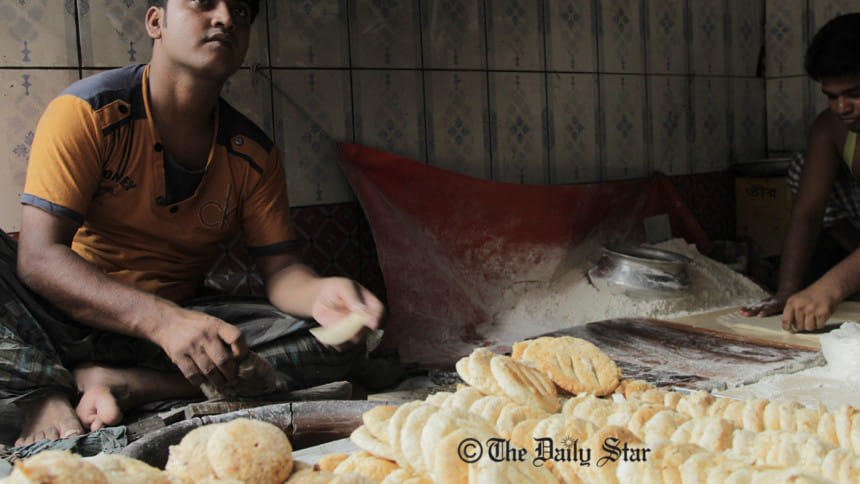
People from all over the city visit this part of Dhaka to taste the egg, shuji, boot or neseshta halwas. If you are looking for tradition and good food at a decent price, head over on the night of Shab-e-Barat.
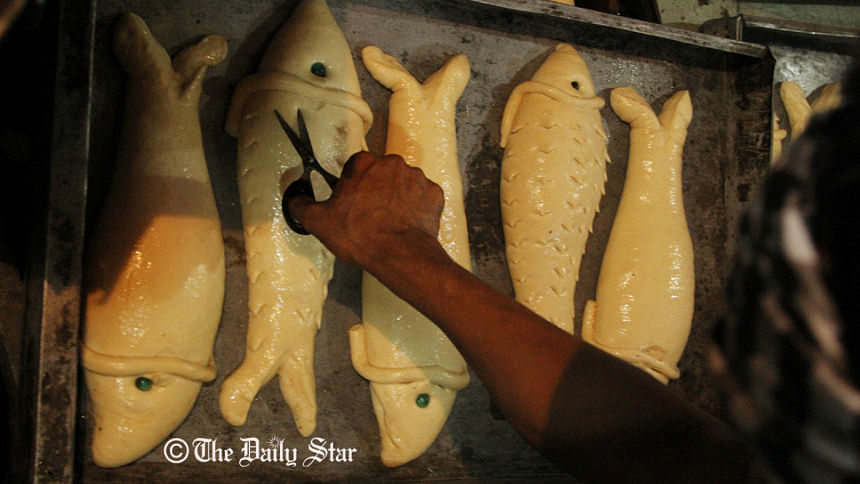
Another big name among the traditional shops of Old Dhaka is Olympia. Now with branches all over the city, the original Olympia in the old town is still a place to be to get the authentic ambience of the celebration and of course the food. The menu is still the same, consisting of roti and egg, carrot or shuji halwas.
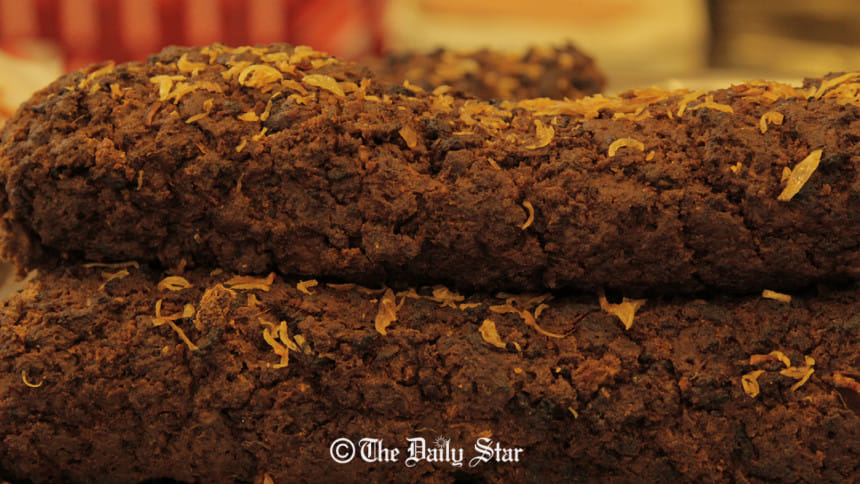
Located at Rankin Street, Wari, Olympia is hard to miss. And if you do get lost, ask any one there – they will be happy to guide you.
Yousuf Bakery is yet another name which people have always looked towards for their celebrations of Shab-e-Barat. Sadly, this year, they are sticking to selling only roti without any halwa. Besides the heavy weights, Chawk Bazar has its own little celebration of the night. Small shops will all stock up on different types of halwas and rotis – for a more diverse range of tastes, head over with a couple of good friends for a good time.
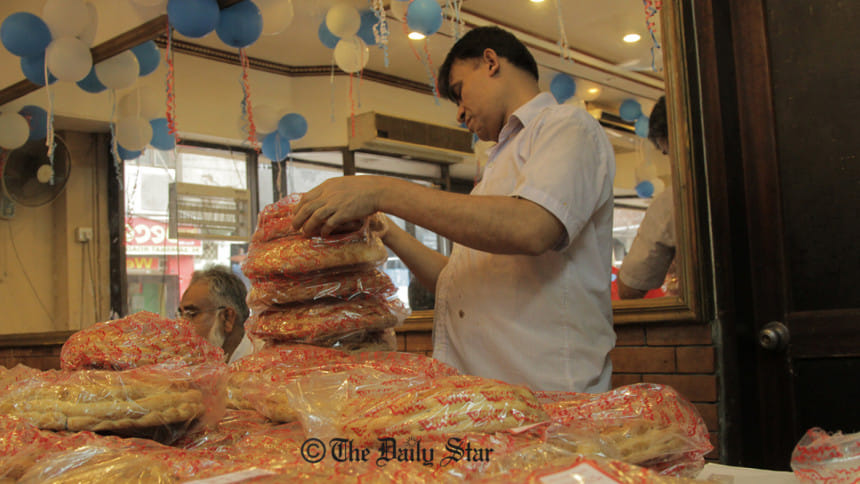
Nowadays though, most sweet meat shops have their own little preparations for Shab-e-Barat – from Banoful to supermarkets like Agora, all will be stocking up on halwas. If you want to just take some food back home at the end of the day, these will do. But for the community affair, the Old Dhaka way of celebration has no alternative.
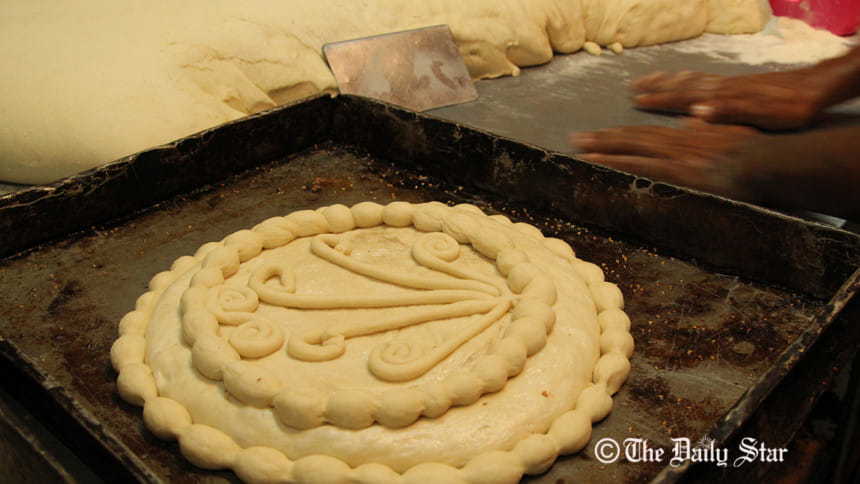
These confectionaries and bakeries will start selling the halwas and the rotis on the day with some even going on till the next. Be it for the ambience, the food or just for a new experience, we definitely recommend heading over to Old Dhaka.

 For all latest news, follow The Daily Star's Google News channel.
For all latest news, follow The Daily Star's Google News channel. 



Comments